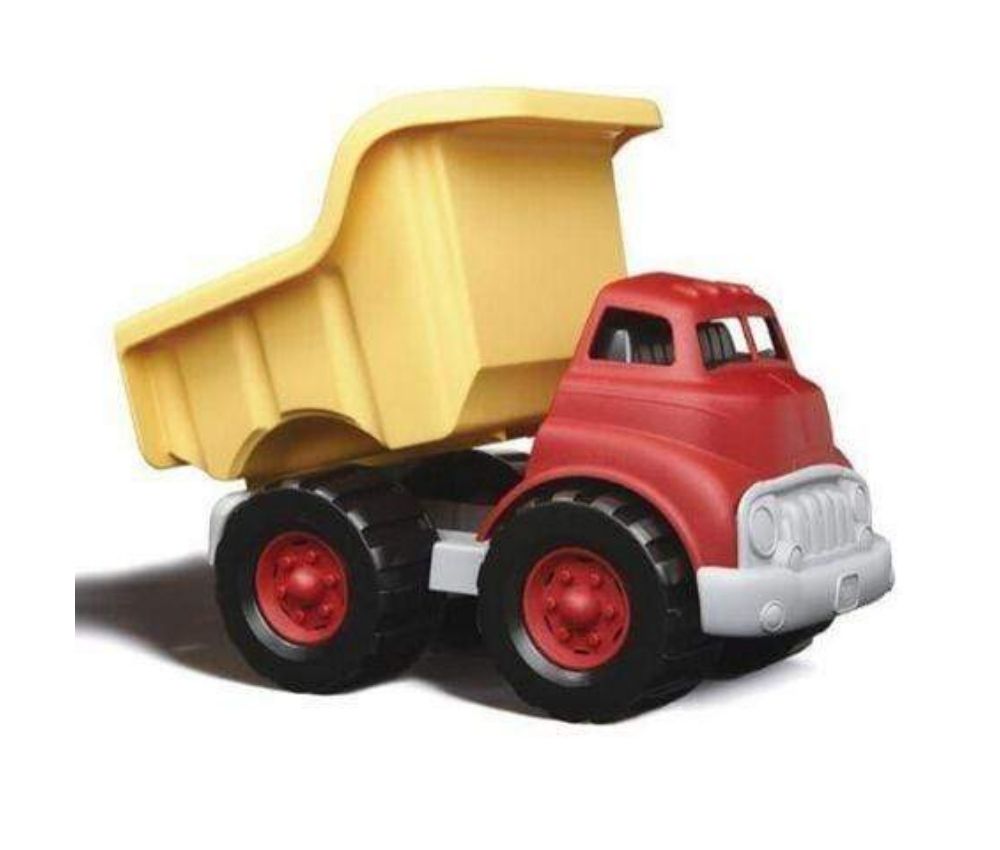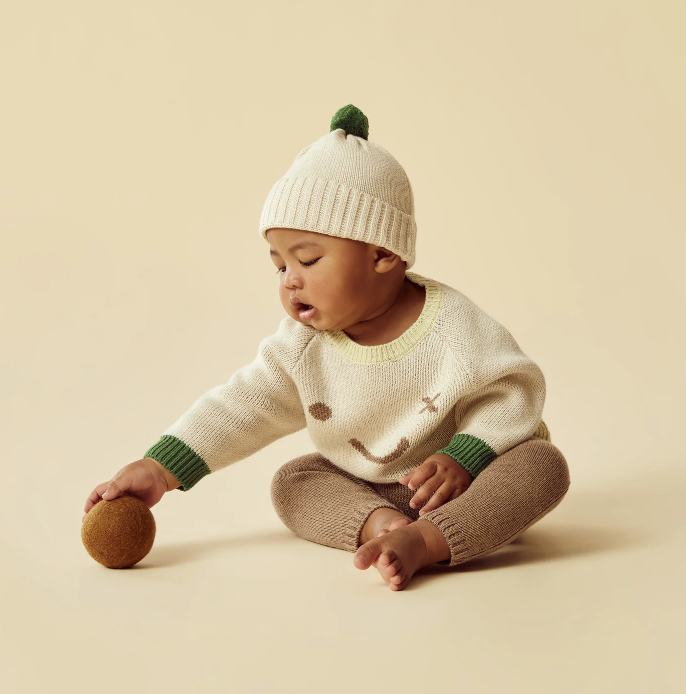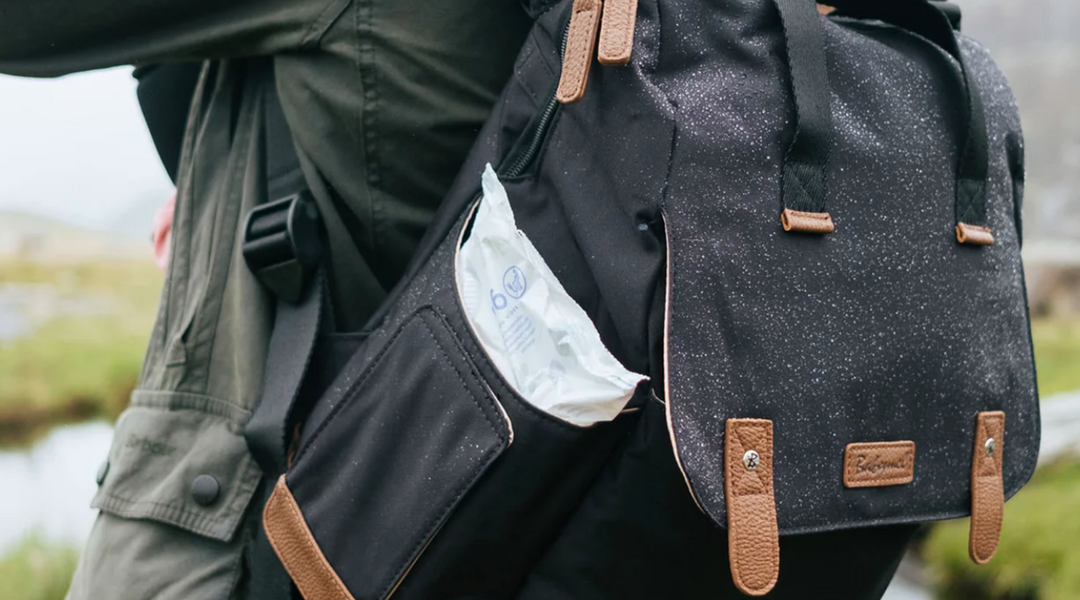The Importance of Play
Here’s a fun fact: the skills that you use to ‘adult’ your way through daily life all have their origins in your play experiences as a child. We may not often think of our own development in those terms, but the truth is that we’ve been finely honing and finessing our abilities since childhood in order to help us cope with the more mature demands of work, communication, parenting, decision-making, and problem-solving in the adult world.
Often, it’s easy for adults to disconnect from the childhood realm of sustained imaginative play, so distant is the memory of the joy of habitual play. However, in essence, we reference these experiences and skills over and over again, and this is why healthy play-based learning opportunities are so important to help every child flourish.
What skills kids learn through play
So, how does play-based learning really benefit a child? What skills do kids develop when they are engaged in the art of play? Let’s take a closer look at just how impactful and long-lasting the effects of these experiences really are.
Play based learning develops language and literacy skills in kids
Science Daily reports that essential language development really begins in the womb. Once a child is born, sensitivity to language is heightened. The muffled, rhythmic sounds heard from inside the womb become clear speech sounds and, with the addition of sensory-rich stimulation, babies begin the process of language learning.
Of course, parents unwittingly become their child’s first teacher, engaging in a form of play-based learning with rhymes, songs, and repetition. This modelling of language is critical in establishing those early developmental language milestones that every parent longs to see in their child.
If you’ve ever stopped to listen to a child immersed in play, you will realise just how important this activity is in helping them develop solid language and literacy skills. Most often, children will talk to themselves, playing out both sides of a conversation. And, many times, their play involves story-telling, where they will narrate the story as they enact it with their toys. When children are engrossed in imaginative play in this way, it’s a chance for parents to gain an insight into their child’s vocabulary development, as well as their maturing logic, comprehension, and even empathy.

Another way that children develop solid language and literacy skills is through talking with friends. As they are not able to control all aspects of this interaction, they may be challenged to think on their feet and respond appropriately. A little eavesdropping here gives parents the chance to see just how well their child can communicate ideas, negotiate, instruct, and compromise. These social connections help children learn the art of communicating needs, desires and wants, as well as listening to those of their peers.
Of course, parents play a vital role in their child’s continuing language and literacy education. One great way to bond with your child, and simultaneously develop healthy language prowess, is to ask lots of questions when they are in the midst of playing. Patiently listening and showing interest in their game will spark confidence in your child, encouraging them to communicate all the fun of their game with you.
And, don’t forget the importance of toys! Dolls in a dolls’ house, trucks and cars, dress ups and makeup, as well as building blocks, and imitation toys like tools and appliances, all present loads of opportunities for children to tell stories, share conversations and create personas which help build topic-related vocabulary.
Play based learning develops social and emotional skills in kids.
Play-based learning is a great tool for helping kids to develop social and emotional maturity. Learning to negotiate, cooperate, communicate, and problem-solve are essential life skills. These interactions naturally lead to helping kids develop empathy. Understanding their own feelings, whilst also being able to recognise and validate the feelings of others around them, is a highly valuable skill that will serve them well.
Just as adults seek favourite pastimes to help them unwind and defuse after a long day, children use play to access the same calming, relaxing benefits. Encouraging children to enjoy their favourite toy, or settle down to some quiet play is a great way to help them regulate and understand their emotions better.
We think absolute gold is found when parents offer to play with their children. Mums and dads are the best teachers; they help model the sharing of ideas or the negotiation involved in turn-taking with toys or games. This type of play also lends itself well to giving parents the opportunity to introduce a special toy that their child can associate with comfort and security, especially if they are feeling overwhelmed or tired.
If you are looking for some great play ideas, there are a huge variety of toys on offer that can help children overcome emotional barriers. Toys such as games, puzzles, building toys, pretend kitchens, dump trucks and sand toys give kids opportunities to enjoy experiential and sensory play. They provide stimulating outlets for children to explore, experiment and expand their repertoire of emotional skills and strategies.
How play based learning develops creativity and imagination in kids
As parents, we love to see the emerging personalities of our children. As they grow, we get to witness their creativity and imagination. It’s no doubt these skills come easier to children, but as parents we can still help to foster and develop wonderfully creative and imaginative play. It’s all about harnessing their natural ability to turn the simplest things into amazing toys: through a child’s eyes, a stick becomes a mighty sword, while a rock is a beloved pet one moment and a building block the next.
Helping to nurture your child’s creativity and imagination really is simple. Read and tell lots of stories. Choose funny, intriguing or unexpected tales that make your little ones wide-eyed with wonder. Why not play with a toy differently than as intended? Sometimes broadening the boundaries or changing the rules can help children break out of boredom to see bigger, newer possibilities. Embrace mess, play along, let the kids make up the rules.
We love toys that open the door to creative and imaginative play. You’ll find some amazing options with tepees, building blocks, puppet shows, arts and crafts, paints and musical instruments. Go forth, and be amazed at the wonderful things you can create with your kids.
How play based learning develops confidence and risk taking
If you know a child who is a little timid or tentative, then encouraging more play will really help them start to build their confidence. The great thing about play-based learning is that a child is free to learn at their own pace; this always makes the process of learning much more enjoyable and helps to establish a solid foundation for good learning habits, a positive attitude and the willingness to take risks.
Perhaps your child is still grappling with building their confidence, or exhibiting a positive attitude toward their learning? That’s ok. Everyone starts somewhere, and progresses at their own speed. But there are some focussed ways that parents can help.
Be keen to let your child make up their own rules and play at their own pace. Remember, asking lots of questions helps to keep your child engaged. Give them the space to explore and experiment, but only correct them when play becomes dangerous to them or others around them. Be sure to offer plenty of praise for being curious, and reward them with trips to the library where you can help them find books on the topics they’re interested in.
To help develop their confidence and positive attitude towards learning, provide them with plenty of puzzles and toys like tea sets that help them develop strategies and achieve a sense of accomplishment.
How play based learning develops Fine and Gross Motor Skills in kids
Motor skills are movement-based skills that can help show stages of development and coordination. Activities such as climbing, running, throwing, and jumping fall into the category of gross motor skills, while activities like painting, drawing, sorting, and stacking help develop fine motor skills.
The more practice children have in developing both gross and fine motor skills, the better. You can help them refine these skills in many ways. A popular one is to take them to the playground and let them take risks. Because climbing that net, trying the monkey bars, zooming down the slide, or playing catch with a ball is loaded with fun, kids will willingly repeat and persist in these activities, which makes them great ways for gaining vital gross motor skill development.
What about fine motor skill development? You can help children of all ages finesse these skills by setting up a few engaging activities. Encouraging them to paint, draw, or write certainly can help develop those fine motor skills. But make sure to make it fun! Set up a special family ‘mail box’ and encourage everyone to write letters to each other.
For babies, letting them play with stacking or sorting toys will help develop those skills. They’ll love to rummage through a tub of blocks in search of a colour or shape. And don’t forget the power of food! Allow them to feed themselves. A hungry tummy is a great motivator for getting that chunk of broccoli in their mouth!
Toys that help develop fine and gross motor skills in babies and children include stacking toys, sensory toys, shape sorting toys, balance boards and bikes.
It’s clear that play-based learning is a powerful tool for helping kids develop a variety of essential skills. But make sure you don’t overthink it either. Simply tap into the world as they see it, let them explore and play at their own pace, be present with them, but don’t take over. Let the wonders unravel naturally around you; share in the games, the silliness, and the laughter. Have plenty of fun with your kids. And often! Because, before you know it, they’ll be teenagers, and busy chasing their dreams and shaping their own lives!

























